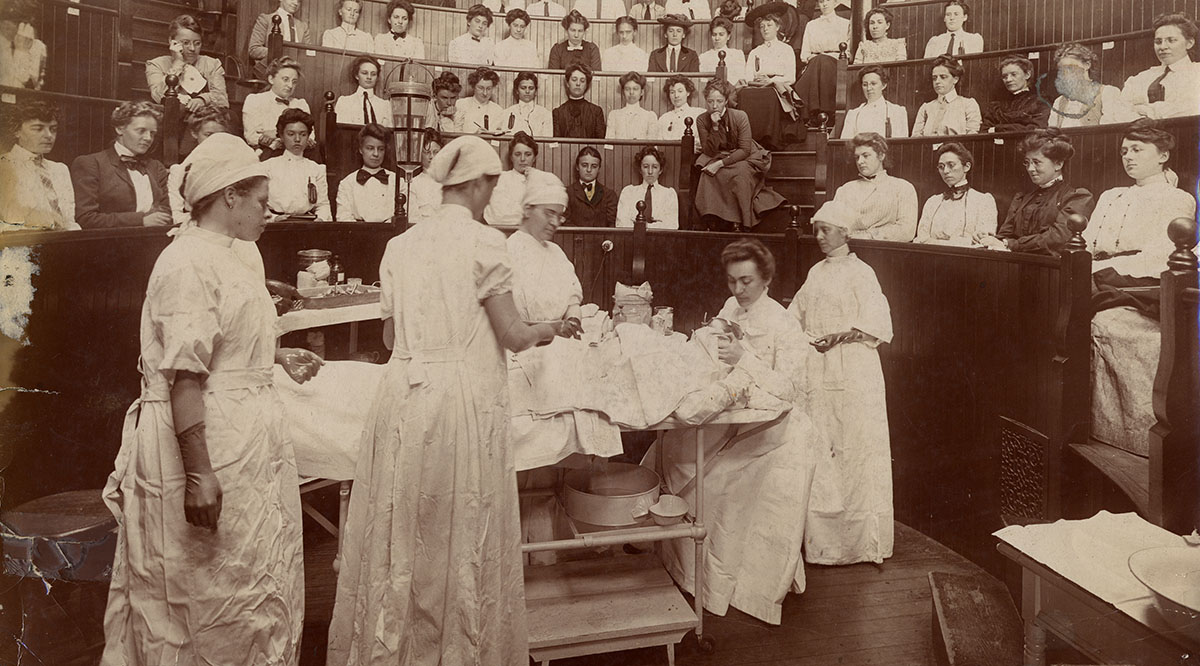
FAQ About Women in the History of Medicine
Women in the History of Medicine
2 years ago | gizem
What challenges do women still face in the field of surgery?
Women in the field of surgery continue to face several challenges, despite progress in recent years. These challenges reflect broader gender disparities within medicine and the surgical profession. Here are some of the key challenges that women in surgery still encounter:
- Underrepresentation: Women remain underrepresented in surgery, especially in traditionally male-dominated surgical specialties such as orthopedic surgery, neurosurgery, and cardiothoracic surgery. This underrepresentation limits opportunities for women in these fields.
- Implicit Bias: Implicit bias and gender stereotypes can influence how patients, colleagues, and mentors perceive and interact with female surgeons. These biases may affect women's advancement and opportunities in surgery.
- Work-Life Balance: The demanding nature of surgical training and practice can make it challenging for women to balance their surgical careers with family life and caregiving responsibilities. Access to supportive policies and work arrangements, such as parental leave and flexible scheduling, can be limited.
- Lack of Female Role Models and Mentors: The scarcity of female surgical role models and mentors can make it difficult for women to find guidance and support in their surgical careers. Mentorship is crucial for career development and advancement.
- Gender Pay Gap: Like in many other professions, a gender pay gap exists in surgery. Women surgeons may earn less than their male counterparts, even when factors like experience and specialty are taken into account.
- Discrimination and Harassment: Some female surgeons experience discrimination or harassment based on their gender. This can include disrespectful comments, exclusion from professional networks, or even more severe forms of mistreatment.
- Challenges in Leadership: Women are often underrepresented in leadership positions within surgical departments and professional organizations. This lack of representation can affect decision-making processes and policies that impact the surgical workforce.
- Promotion and Advancement: Women may face challenges in terms of career advancement and promotion within academic medicine and healthcare institutions. These challenges can limit their opportunities for research funding and academic recognition.
- Stereotype Threat: Stereotype threat, or the fear of confirming negative stereotypes about one's gender, can affect women's confidence and performance in surgical settings.
- Support and Networking: Building a supportive professional network can be challenging for women in surgery. Access to mentorship and networking opportunities can be limited, especially in male-dominated specialties.
